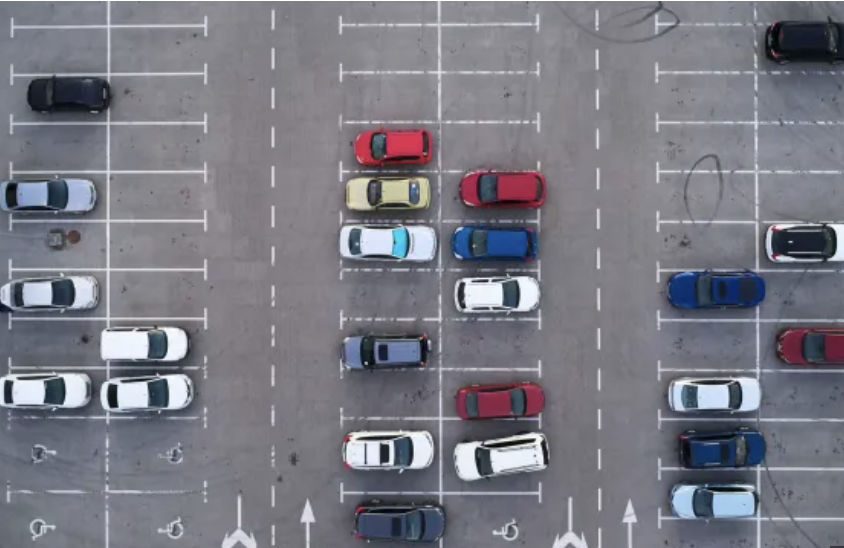Los Angeles may soon take one of its boldest steps yet in tackling both housing affordability and car dependency. This week, the City Council’s Planning and Land Use Management (PLUM) Committee voted 3 – 1 to advance a motion that would explore eliminating mandatory parking requirements in new developments across the city. If approved by the full Council, the change would give developers the flexibility to decide how much parking to include, up to and including none.
For decades, the city’s zoning code has mandated that every new home come bundled with one or more parking spaces. That policy, long treated as common sense in car-centric Los Angeles, has had far-reaching consequences. Research shows that building structured parking can add $30,000 – $75,000 per stall to construction costs, which developers then pass on in the form of higher rents or sales prices, even for residents who do not own cars. In a city where housing costs are already out of reach for many, those requirements have quietly but powerfully raised barriers to affordability.
The motion represents a paradigm shift inspired by the work of Donald Shoup, the late UCLA professor often called the “parking guru.” Shoup’s landmark book The High Cost of Free Parking demonstrated how minimum parking requirements function as an invisible tax on housing, distorting urban form and encouraging more driving. His core argument was simple but radical: cities have made parking abundant and housing scarce when they should have done the opposite.
Shoup’s research has shown that requiring off-street parking doesn’t reduce the demand for curb space or congestion. It increases it, by subsidizing driving and dispersing development. Meanwhile, the hidden costs fall hardest on low-income renters, who are less likely to own cars but still pay for parking through higher rents. “It’s unfair to have cities where parking is free for cars and housing is expensive for people,” Shoup often said.
Other cities have already moved in this direction. San Francisco, San Diego, and Minneapolis have eliminated parking minimums, often in tandem with climate goals. Studies from these cities suggest that developers still provide parking in most projects, especially in car-dependent neighborhoods, but at lower levels that better reflect demand. The difference is that the decision is no longer dictated by outdated one-size-fits-all rules.
In Los Angeles, the stakes are clear. Removing parking mandates would not ban parking, but would simply stop the city from forcing every project to overbuild it, even where it makes no sense. For neighborhoods near transit, it could mean more affordable units on the same footprint. For supportive housing projects, it could free up scarce funding to house people instead of cars. For climate and mobility advocates, it’s a chance to align land-use rules with a less car-dependent future.
The proposal now heads to the full Council, where the debate is expected to intensify. But the PLUM Committee’s vote suggests that Los Angeles is finally beginning to grapple with a simple truth: the more we require space for cars, the less room and the more expense we create for people.

